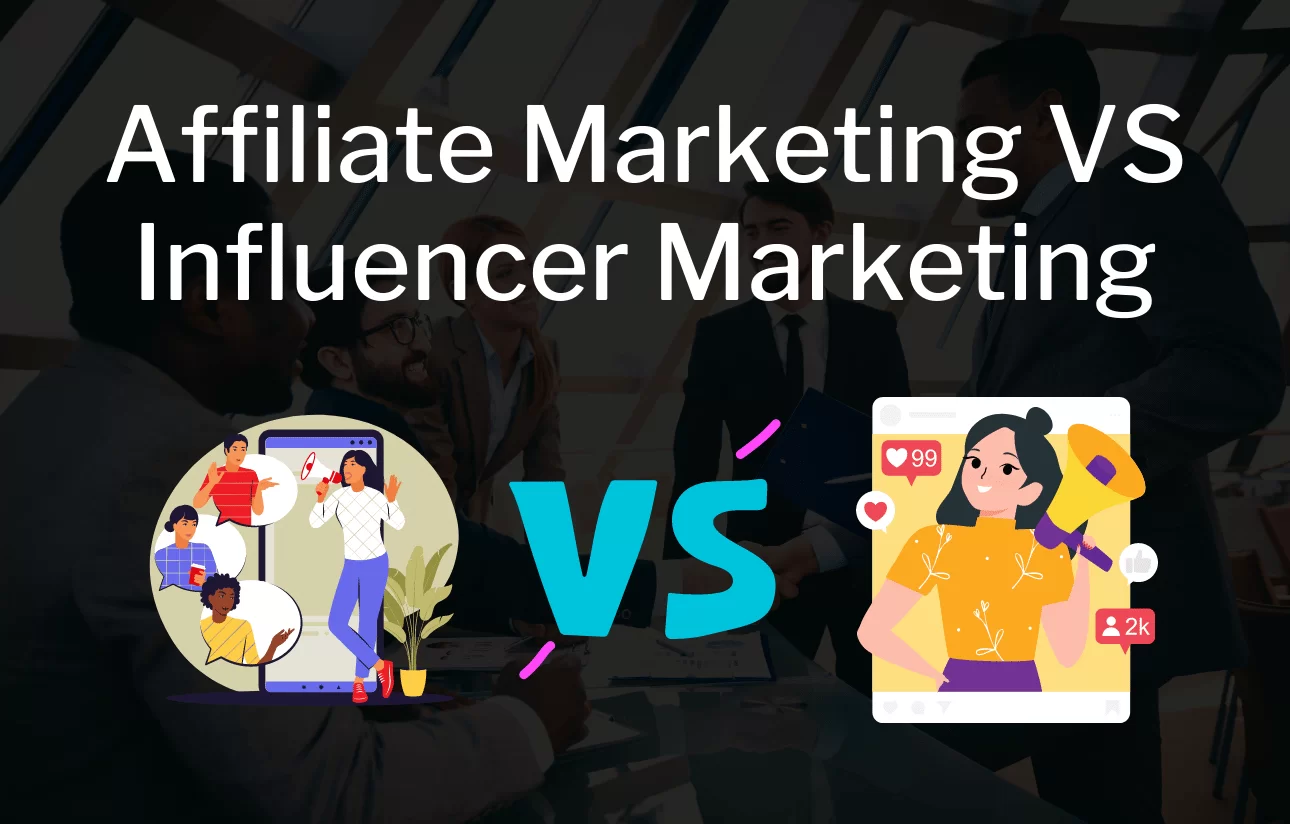
In today’s online world, there are two main ways people
promote products: the affiliate approach and the influencer approach.
Both methods can be powerful, and both can help you earn money online. But when
it comes to building long-term loyalty with your audience, they’re very
different.
So, which one builds more trust, engagement, and lasting
relationships? Let’s break it down.
What Is the Affiliate Approach?
Affiliate marketers create helpful content like product
reviews, comparison blogs, or deal roundups. They usually focus on solving
problems, answering common questions, and guiding readers to make smart
buying decisions. Their goal is to recommend, not promote.
They earn money through affiliate links. If someone clicks
the link and makes a purchase, the affiliate earns a small commission, often
without the shopper paying anything extra.
Example: A blog post titled “Top 5 Budget Headphones
in 2025” that includes honest pros and cons with affiliate links to each
product.
What Is the Influencer Approach?
Influencers focus on building a personal brand. They
share their life, style, and preferences on platforms like Instagram, TikTok,
or YouTube. They promote products by showing how they use them in daily life,
often through sponsored content or paid collaborations.
Their strength lies in their personality and lifestyle,
which attracts followers who like their vibe and trust their choices.
Example: A beauty influencer posting a makeup routine
and tagging the products they use, with affiliate codes or sponsorships included.
Who Builds More Loyalty?
Let’s look at how each approach builds audience trust and
loyalty:
1. Trust Through Value (Affiliate Wins)
Affiliate marketers often win when it comes to helping
their audience. Their content is focused on value, not just attention. Readers
trust them because they take time to compare options, share honest feedback,
and write with the buyer in mind.
When people feel like you’re saving them time or money, they
remember you, and they come back.
Loyalty factor: High — especially when the content is
honest, useful, and reader-focused.
2. Connection Through Personality (Influencer Wins)
Influencers are great at building emotional connections.
People follow them for their lifestyle, opinions, and personality. Their
audience may feel like they “know” them, which can make recommendations more
powerful.
But the downside? If an influencer promotes too many
products or changes niches often, trust can drop.
Loyalty factor: Medium to high — depends on
authenticity and how often they promote products.
3. Consistency and Focus (Affiliate Wins)
Affiliate marketers usually stay in one niche. If someone
runs a blog about tech, readers expect regular content about gadgets, software,
or tech deals. This consistency builds credibility and makes it easier
to attract a loyal audience.
Influencers, on the other hand, may switch topics or trends
to stay relevant, which can confuse or lose followers.
Loyalty factor: Affiliates tend to be more
consistent, leading to stronger long-term trust.
4. Honesty and Transparency
Both affiliates and influencers must disclose paid links or
sponsorships. But affiliate content often feels more neutral, especially when
it includes both pros and cons. That builds honesty.
Influencers may feel pressure to stay positive because
they’re paid directly by brands. This can make followers question the truthfulness
of their reviews.
Loyalty factor: Readers trust honesty, and honest
affiliate content often wins here.
Final Thoughts
Both affiliate marketers and influencers can earn money and
build a following. But when it comes to building long-term loyalty, the
affiliate approach often has the edge.
Why? Because it focuses on helping, not just
promoting. It offers useful information, not just entertainment. And
it’s usually more consistent and trust-based.
If your goal is to create real connections with your
audience — ones that last — focus on value, honesty, and staying true to your
niche. That’s what turns one-time visitors into loyal followers.



